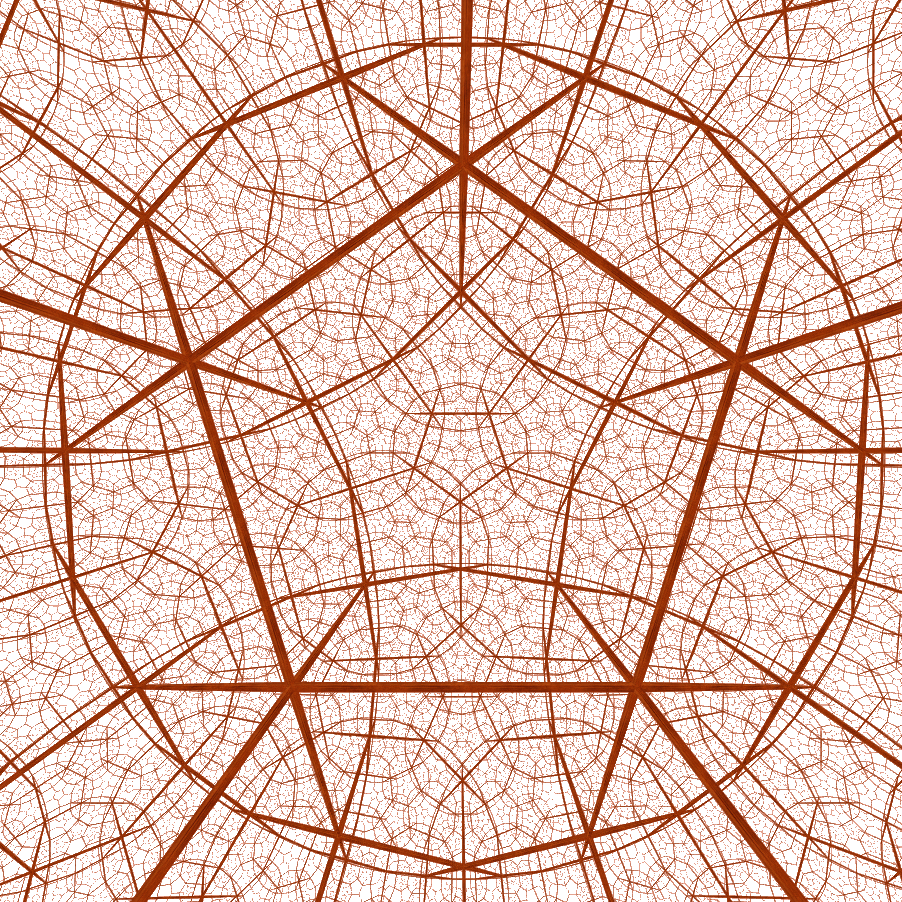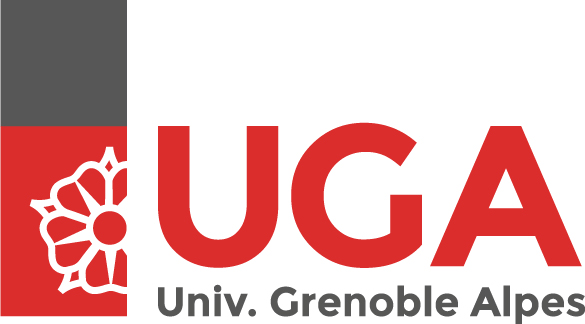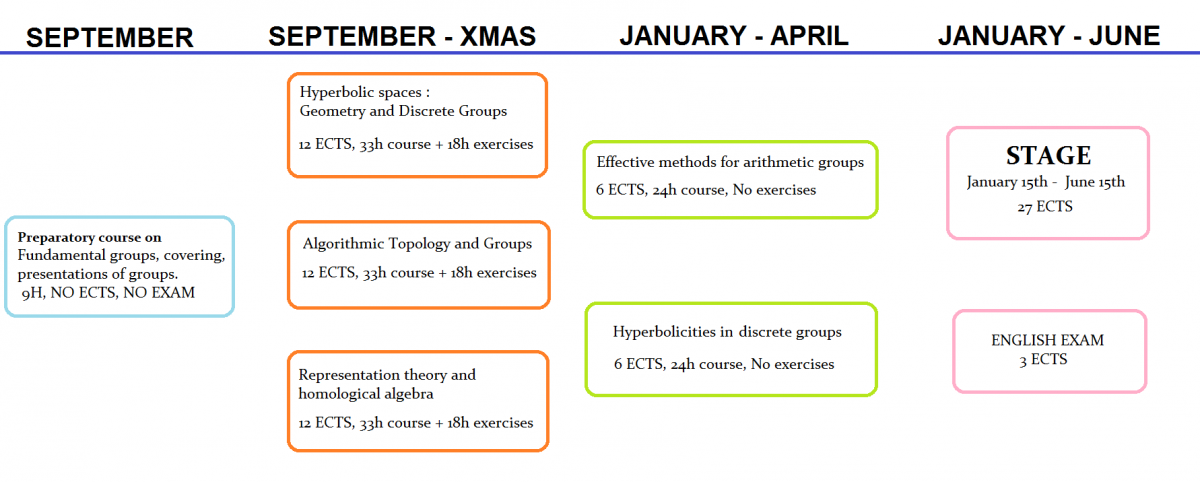DETAILED PROGRAM HERE Geometric group theory is a prominent modern branch of mathematics studying groups which are realized as geometric symmetries or continuous transformations of some (topological or geometric) spaces. More precisely, it explores the connections between the algebraic properties of these transformation groups by means of the topological and geometric properties of the spaces on which these groups act. In this interaction between groups and geometry, we will enter in a lively topic, at the level of contemporary research. It has strong interactions with low-dimensional topology, hyperbolic geometry, algebraic topology, computational group theory and differential geometry, and also number theory, to mention a few. There are also connections with complexity theory, mathematical logic, the study of Lie Groups and their discrete subgroups, dynamical systems, probability theory, K-theory, and other areas of mathematics.
Geometric group theory is a prominent modern branch of mathematics studying groups which are realized as geometric symmetries or continuous transformations of some (topological or geometric) spaces. More precisely, it explores the connections between the algebraic properties of these transformation groups by means of the topological and geometric properties of the spaces on which these groups act. In this interaction between groups and geometry, we will enter in a lively topic, at the level of contemporary research. It has strong interactions with low-dimensional topology, hyperbolic geometry, algebraic topology, computational group theory and differential geometry, and also number theory, to mention a few. There are also connections with complexity theory, mathematical logic, the study of Lie Groups and their discrete subgroups, dynamical systems, probability theory, K-theory, and other areas of mathematics.
The goal of the present Master II program is to give a wide overview of several central aspects of Geometric group theory and their hyperbolicity properties in connection with other related branches of mathematics such as homological algebra, representation theory, arithmetic, including notably important algorithmic aspects.
Courses delivered during the first semester are meant to be introductory.
- The course by Anne Parreau and Pierre Will introduces to the topic of real and complex Hyperbolic spaces and their transformation groups. A particular attention will be devoted to the case of hyperbolic surfaces and their Fuchsian groups.
- Francis Lazarus and François Dahmani's course has a more algorithmic focus: the objects under consideration are again groups of transformation of hyperbolic spaces, but the tools are discrete structures such as triangulations which lead a quite involved description of the transformation group by means of generators and relations. One major goal of the course will be the geometry of the word problem: Snowflake groups and right-angled Artin groups.
- The third course by Claire Amiot and Estanislao Herscovich is an introduction to the topic of homological algebra, in relation to representation theory. The basics of the theory will be presented, together with examples and key theorems. The course covers in particular an introduction to the language of Category Theory with a particular attention to the category of Modules. Then, more advanced notions will be approached such as Complexes and homology, with applications to group (co)homology.
The second semester offers more advanced material.
- The course by Martin Deraux focuses on Arithmetic groups. These groups act naturally on hyperbolic spaces and the course provides tools and effective methods to find a fundamental domain in these spaces for an arithmetic group of isometries. In particular, this allows to endow the group with a finite presentation, solve the word problem, or find conjugacy classes of finite subgroups.
- The second advanced course by François Dahmani pushes forward the methods introduced in the above courses and deals with Hyperbolic groups, a notion introduced by Misha Gromov which lie at the center of the theory. A central result of this course is the Dehn filling theorem. Several examples and applications will be approached.
PLAN OF THE YEAR
DETAILED PROGRAM HERE
Preparatory course (September)
- Intensive preparatory course on Fundamental groups, covering, presentations of groups. (Estanislao Herscovich). The course is available HERE.
Fundamental courses (October to December with the final exam in the first half of January):
- Hyperbolic spaces : Geometry and Discrete Groups (Anne Parreau and Pierre Will)
- Algorithmic Topology and Groups (Francis Lazarus (2/3), and François Dahmani (1/3))
- Representation theory and homological algebra (Claire Amiot and Estanislao Herscovich)
Each fundamental course provides each student with 12 ECTS and it comprises 28H of course and 18h of tutorials, i.e. about 5 hours/week
Advanced courses (January to April):
- Effective methods for arithmetic groups (Martin Deraux)
- Hyperbolicities in discrete groups (François Dahmani)
Each advanced course provides each student with 6 ECTS and it comprises 24h of course with no tutorials.
In order to obtain the Master 2 degree, students are supposed to respect the following mandatory directives:
- Follow the preparatory course
- Pass at least two of the three fundamental courses
- Pass at least one of the two advanced courses
- Write a mémoire during the stage
- Pass the exam of English language (not required if the student already has the right level of English).
Further technical description:
The intensive preparatory course take place in the second week of september, it counts 9H in total (composed by theory and tutorials) it does not provide ECTS and there is no exam. Foundamental courses begins the September 14th and finish at Xmas with a final exam in the first half of January. Every fundamental course counts 28 hours of théory and 18h of tutorials (this may change according to the teachers). Globally this takes about 5 hours per week. Usually, the weekly hours of each foundamental course take all place in the same day.
Advanced courses will begin in January, immediately after the exams of the foundamental courses. They require about 2 or 3 months (according to the teachers). Every advanced course counts 24 hours od théory and no tutorials.
The stage also begins just after the exams of January, usually the 15th of January, and it finishes 5 months later in the middle of June.
Note : Students may replace one of these courses with another of a different Master 2 (this needs no timetable conflict and approval by the administration). See for instance the pages of Lyon's Master 2 degree.


